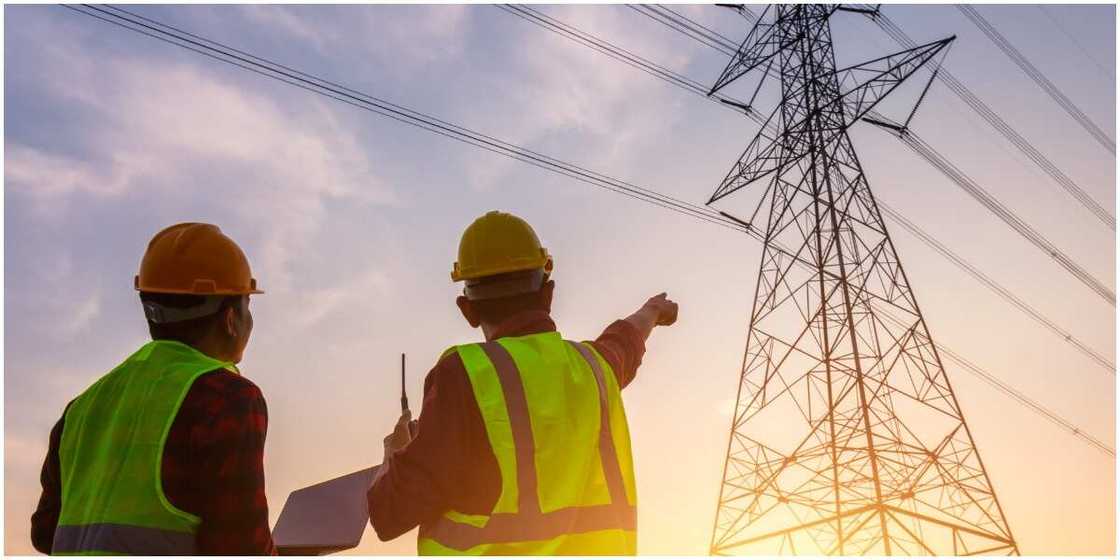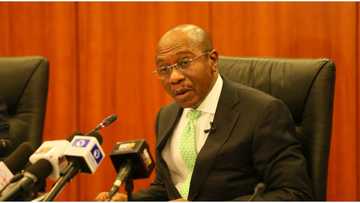Nigerians Are Not Paying Enough for Electricity, a Burden on Government, World Bank Says
- The electricity tariff in Nigeria is low in the country, and this is affecting President Muhammadu Buhari's administration
- The World Bank said Nigerian government is spending too much on electricity, as the citizens pay less for power supply
- Bretton Woods says the richest people in Nigeria are benefiting from the low tariffs within the country, with the poorest experiencing the least
World Bank says Nigerians are not paying enough money for electricity supply in the country, stating that it is putting a toll on President Muhammadu Buhari's administration.
The global monetary authority said the tariffs given to Nigerians doesn't reflect the cost of operation recorded by the generating companies and distribution power firm.
It was stated in the World Bank's 'Resilience through Reforms’ report released on Tuesday, that over N1.68 trillion was spent on cumulative tariff shortfall between 2015 to 2019 by President Buhari.

Source: Getty Images
Wealthy Nigerians benefiting more from tariff shortfalls
This means Nigerians pay less for electricity than the cost of supplying it. Although the World Bank said 40% of the rich in Nigeria benefit 80% of the spending on tariff shortfalls.
It added that:
"only eight per cent benefits the bottom 40 per cent, and of this, less than two per cent benefits the poorest 20 per cent.
“Significant resources spent on funding tariff shortfalls disproportionately benefit the relatively wealthy who have access to the grid and use more electricity so that ultimately, a big chunk of government support goes to those who do not really need help with paying bills.”
Electricity companies also benefiting from government
According to the report, the private electricity companies are also beneficiaries of the gap between consumption and supply cost, as the generating companies and gas suppliers have received N524 billion.
President Buhari has borrowed a total of N1.3 trillion to ensure continuity of power generation and distribution across the country.
Meanwhile, Legit.ng had previously reported that founder of Uwana Energy, Natasha Ibori, won N4.08 million from Northeastern University.
She got the funds after pitching her business goal. Uwana Energy sells solar panel to small businesses operating in Nigeria, and also does maintenance work.
The United States University gave the financial support through its Women who Empower Innovator Awards.
Source: Legit.ng




